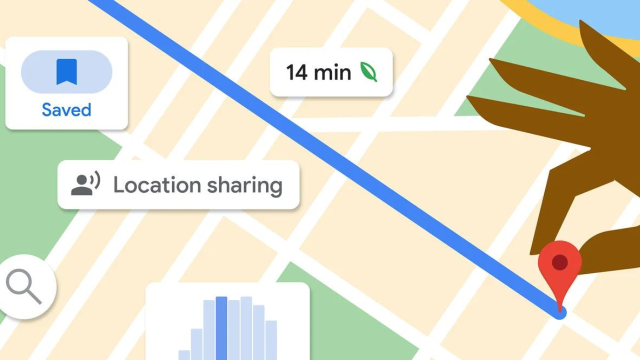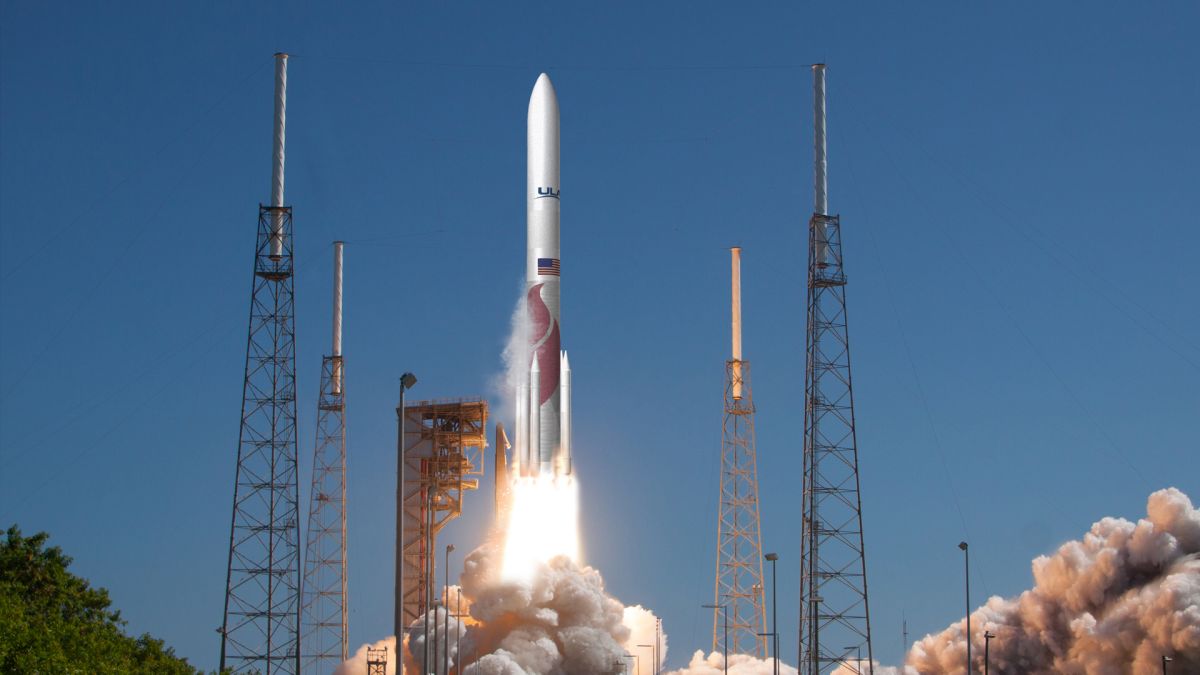Google Maps users who primarily plot routes through the web browser will soon need to transition to using the app exclusively. Google plans to discontinue access to the Timeline feature for web users. Timeline, formerly known as Location History, provides a detailed record of past routes and places visited, allowing users to reminisce about past trips or track their activities. This feature, which currently operates on both mobile and web platforms, will be phased out for web users by the end of the year.
Users have until December 1 to adjust their phone settings to allow Timeline access. Failure to do so will result in the inability to access the feature via the web. An email first spotted by Android Police indicated that users need to change their phone settings to enable Timeline by the specified date. After this date, access to the Timeline feature on the web will no longer be available.
Timeline is regarded as one of the most valuable features of Google Maps, allowing users to keep track of their location history. The feature can be particularly useful for recalling recent trips or retracing steps taken during a night out. However, the always-on location tracking raises significant privacy concerns. In response to these concerns, Google is restricting Timeline access to the app, thereby ensuring that user data is stored locally on their devices. This measure aims to protect user privacy by reducing the amount of data that is transmitted and stored on Google’s servers.

According to Google’s support page, these changes are being gradually implemented for all Maps users. Notifications will be sent to users prompting them to make the transition from web to app. This gradual rollout aims to give users ample time to adjust to the new system and ensure a smooth transition. Despite the transition, users can still back up their Timeline data when switching phones. Google ensures that this data is securely stored on encrypted servers and can be retrieved when downloading the app on a new device, regardless of whether it runs on iOS or Android.
However, users are advised to complete the data transfer by December 1 to avoid potential loss of Timeline data. Google will attempt to transfer data saved within the last 90 days to the first device used after the deadline. Data beyond that point will be deleted and will no longer be accessible via both web and app platforms. This means that users need to be proactive in managing their data to ensure that nothing important is lost.
While Google is notorious for discontinuing features and services regularly, the decision to restrict Timeline access to the app aligns with privacy concerns and aims to safeguard user data. By limiting the feature to the app, Google can provide a more secure and private experience for its users. The automatic Google Maps sync between the web and phone leaves user data more open to abuse, and this change addresses that vulnerability. The move also gives users plenty of time to make the switch to mobile-only timelines, so long as they learn about it early enough.

For more consumer electronics recommendations from Gizmodo, readers can explore guides covering the best laptops, TVs, and headphones. Those interested in upcoming technology can also refer to guides detailing everything known about the iPhone 16. By staying informed about the latest technology trends and updates, users can make better decisions about the devices and services they use.
This change, while potentially inconvenient for some users, reflects Google’s ongoing efforts to prioritize user privacy and data security. By focusing on the app-based Timeline feature, Google can better control the flow of data and protect it from potential breaches. Users are encouraged to take the necessary steps to ensure their data is backed up and secure before the December 1 deadline. This proactive approach will help users adapt to the new system and continue to enjoy the benefits of the Timeline feature without compromising their privacy.
If you like the article please follow on THE UBJ.


















































































